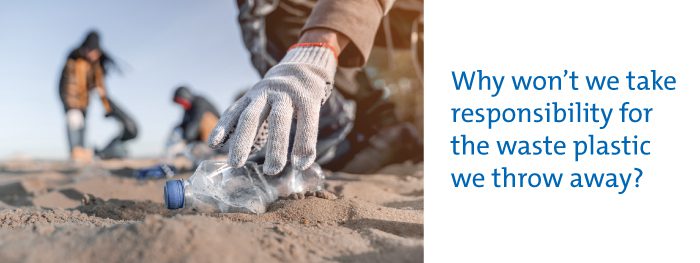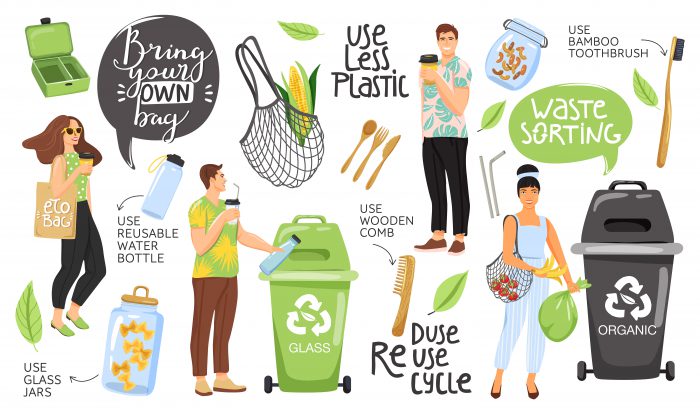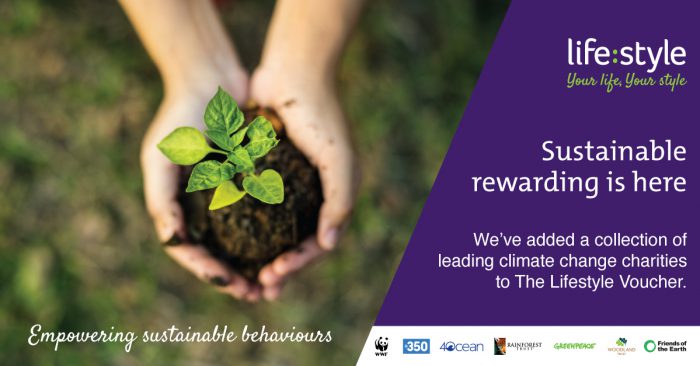Plastic Free July – Let’s Do Our Bit

It’s Plastic Free July 2020 and we here at Motivates are encouraging everyone to look at how to improve and protect the world we live in. Today we would like to share some thoughts from our Chairman, Bill on how we can all be a bit more sustainability aware.
For the past few years, plastic waste has been talked about, highlighted and everyone by now should understand the issue. However, it seems that nothing is changing. I could list out all the impacts that we are seeing but you only need to go to YouTube to understand.
It has taken over 50 years to accumulate so much in our oceans, millions of individual actions compounded by corporate and government ineptitude.
So how do we sort this out?
The cause has to be the cure, we need every individual to take responsibility for their actions, companies to remove unnecessary plastic from their products and governments to take a faster and firmer line (not just on straws and bags!). There is no other way.
Some ideas that you can do include:
1. Become a B-Corp
A B-Corp is an organisation that doesn’t just want to be the best in the world but wants to be the best for the world.
There are now over 3,000 companies in 71 countries that are certified B-Corp. They range from Unilever, Ben & Jerry’s to Patagonia. They are becoming a force for good, and find they have stronger engagement with employees and customers, easier access to finance and have become part of the environmental and social solution.
2. Support campaigns through social media and charitable work
A great example is exxpedition.com. A two year voyage around the world highlighting what is really going on in our oceans. There is also a small group of graduates who are taking the plastic out of our oceans and creating products nuoceans.com. There are so many great causes all of whom are making a real difference. Select one with your employees, get them engaged and make a difference.

3. Take the challenge as a company to address your own plastic footprint
In April 2019, Adidas announced it was creating a 100% recyclable pair of shoes, created using ocean plastic, which can be returned and transformed into a new pair once worn out. The shoes will make their official debut in Spring 2021, after they’ve been fully tested. The activewear brand already sells a range of shoes containing recycled materials, but this will move the brand closer towards a closed-loop system. Meanwhile, newcomer brand Allbirds uses sugarcane-based plastic, natural fibres and recycled plastics in its shoes as a sustainable alternative.
The fashion industry doesn’t have a great record on sustainability, but ARKET is one of a new crop of brands trying to change that. Designing clothes that are meant to last, offering textile recycling in-store, and selling swimsuits made from recycled plastic bottles are just some of the ways this brand is turning the tides against pollution. US-based clothing company Everlane sells a number of outerwear pieces made from recycled plastic bottles, as well as recycled cashmere sweaters and recycled polyester fleeces.
While it’s better not to buy bottled water at all, sometimes it’s unavoidable. Evian has pledged to use 100% recycled plastic by 2025, and the brand unveiled its pilot water bottles at the Wimbledon tennis tournament in London in July 2019. In the UK, CanO Water sells still and sparkling mineral water in aluminium cans, which are infinitely recyclable and avoid the use of plastic.
4. Reduce, reuse and recycle
We will need to learn how to reuse all of our plastic, as it is in fact an amazing product – just not when its floating in the sea! As we come out of lock down I believe that more people will be finding ways to reuse their old products and “stuff’. It’s a skill we all had in the early 1900’s but need to relearn in the 2000’s.
Outdoor clothing brand Patagonia, as well as selling recycled ranges and designing its clothing to be durable, also offers customers the ability to mend worn-out items for free at “Worn Wear” events. In the UK, innovative clothing repair company Clothes Doctor allows people to mail their worn items and have holes repaired, zips fixed, or size altered for a small price, before being sent back to them.
 5. Encourage your employees to take action
5. Encourage your employees to take action
We now offer the chance for your employees to donate a part of their rewards to Plastic Oceans UK (along with several other environmental causes). The only voucher that has this flexibility. Plastic Oceans UK was established in 2009, it was the first NGO to raise awareness about the impact of plastic pollution on our ocean. Their work is based on proven science and their own experience. They inspire people to make real-life positive changes to prevent ocean plastic pollution.
6. Encourage eco-habits in the workplace
Encourage your staff to bring reusable water bottles and wrap sandwiches in recyclable material or reusable containers rather than clingfilm. Consider offering incentives such as entry into a monthly prize draw to anyone who posts photos of their efforts on your social media site.
7. Ask suppliers to use plastic-free packaging
Have a think about what your workplace regularly orders in. Stationery, for example, can be heavily packaged and many items (such as rulers and ballpoints) are made mainly of plastic. Can you use alternative products that contain less plastic or use less packaging? If you have any say over procurement in your company, find out from your regular suppliers what they can offer by way of alternatives to plastic packaging. If your regular supplier can’t or won’t provide plastic-free alternatives, consider alternative suppliers and make it clear why you’re doing so.
This is just a drop in the ocean, there are many things that we can do and more importantly have to do. It is down to individual actions that will stop the flow into the seas and then we can start to remove the islands of plastic that are now there.
Now in July we can all start somewhere, go to www.plasticfreejuly.org to find other ideas and join the movement to make a difference.


